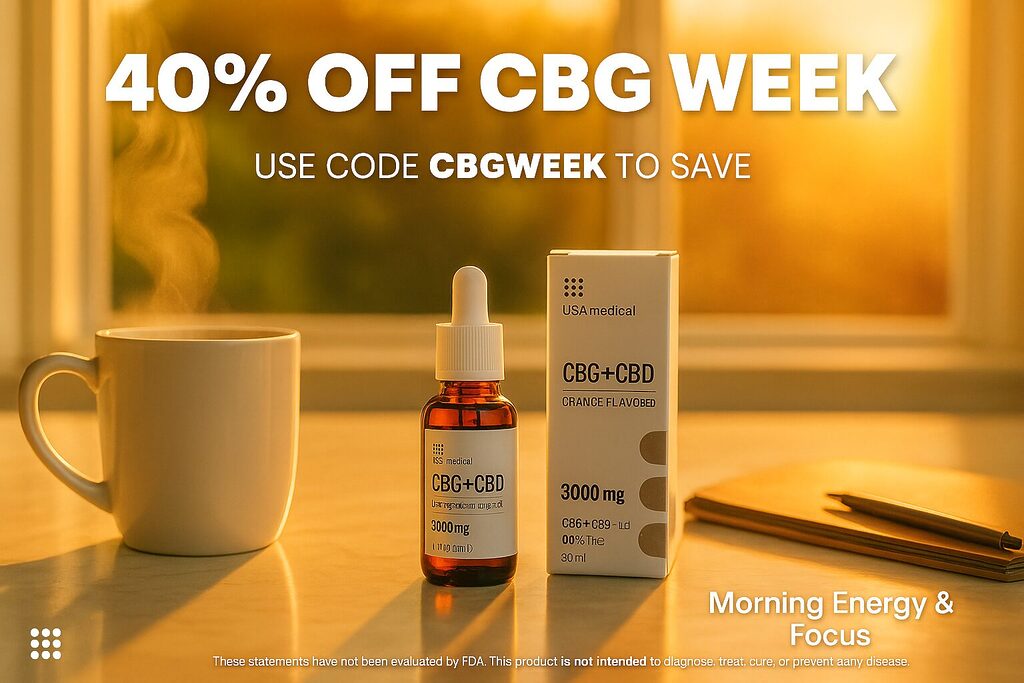
Breaking: CBG Week Starts Today, 50% Off Through Sunday, Sep 14
Save 50% on USA Medical CBG this week. Use code
By Jake Crossman (CNC-NASM), Nutrition Specialist; Holistic Health Coach; Managing Partner, USA Medical

If you’re wondering whether magnesium glycinate for sleep is worth trying, this guide gives you a balanced answer. We summarize what clinical trials and reviews actually show, set realistic expectations for magnesium for insomnia, and give you a simple timing template for magnesium before bed that fits real life, plus the sleep hygiene moves that make any supplement work better.
Magnesium glycinate is elemental magnesium bound to the amino acid glycine. People often choose it because it’s generally well tolerated compared with some other salts that can loosen stools. The glycine component is also part of the body’s calming chemistry, which is one biological reason people reach for magnesium glycinate for sleep.
Two quick context points:
When you ask “Does magnesium help you sleep?” the fairest answer is: sometimes, for some people, especially sleep onset and subjective sleep quality, while total sleep time changes are smaller and inconsistent. Here’s the evidence landscape in plain English:
Randomized trial in older adults with primary insomnia – A double-blind, placebo-controlled study in elderly participants reported improvements in insomnia severity, sleep time, and sleep efficiency with magnesium vs placebo. The population was older and under clinical supervision, useful but not a universal template.
Systematic reviews – Reviews pooling small randomized trials suggest shorter sleep onset latency (falling asleep faster) and modest improvements in subjective sleep quality. Effects on total sleep time are mixed. Methodological quality ranges from low to moderate due to small samples and heterogeneous measures.
Recent pilot data – A 2024 randomized crossover pilot in adults with poor sleep quality reported improvements in several objective and subjective metrics (sleep efficiency/duration, deep sleep, HRV). It’s encouraging, but pilot-scale studies need replication before we treat them as definitive.
Observational signals – Population studies often find that higher dietary magnesium intake correlates with healthier sleep duration and quality. Associations don’t prove causation, but they support the idea that magnesium status matters for nightly rest.
Bottom line: magnesium glycinate for sleep looks most promising for falling asleep a bit faster and feeling like your sleep is better, especially when you pair it with smart sleep hygiene. It is not a sedative. Expect gentle shifts over several nights, not knockout effects on night one.
Think in terms of probabilities and increments:
Use this simple framework to test magnesium glycinate for sleep safely and consistently. Adjust any numbers your clinician has already given you.
This mini-experiment keeps variables tight so you can tell if magnesium glycinate for sleep actually helps you.
Supplements work best when your environment does the heavy lifting. Pair magnesium before bed with these levers:
Magnesium for insomnia is supportive, not a cure-all. Loop in your clinician if you notice:
Magnesium glycinate for sleep can be a low-friction add-on that helps some people fall asleep faster and feel more rested, especially when combined with solid sleep hygiene. Use a consistent timing plan for a week, track your own data, and keep expectations grounded. If you benefit, keep it. If you don’t, pivot to behavioral strategies and a medical review where needed.
Most people decide within 7–14 days if it helps. Early changes tend to show up as does magnesium help you sleep by reducing time to fall asleep and improving how rested you feel the next day.
They work differently. Melatonin nudges body-clock timing, while magnesium before bed supports relaxation and may shorten the time it takes to fall asleep. Many prefer magnesium for nightly use and reserve melatonin for travel/jet lag. Ask your clinician.
Either works. If you get queasy, take it with a light snack. The key is consistent timing when you test magnesium glycinate for sleep.
Sometimes. Waking at 3 a.m. often reflects stress, alcohol, or irregular sleep timing. As you test magnesium for insomnia, fix those factors in parallel for best results.
Give it one to two weeks with a simple sleep log. If you don’t see meaningful change in that window, Does magnesium help you sleep is probably “not enough”, pivot to behavioral sleep strategies and a medical check-in.
Disclaimer: Education only, not medical advice. Magnesium supplements do not diagnose, treat, or cure insomnia. Always work with your licensed healthcare provider for diagnosis, treatment, and supplement use.

My name is Jake. I'm a certified health coach, accredited nutritionist, and I want to make health easier for everyone.
We have the 'most advanced healthcare' in history, yet millions are still sick and on more medication than ever. My goal is to make holistic health more achievable for everybody.
I read all comments, so please let me know what you think!
These statements have not been evaluated by the FDA. USA Medical products are not intended to diagnose, treat, cure, or prevent any disease. Please consult with a healthcare professional before use.

Save 50% on USA Medical CBG this week. Use code
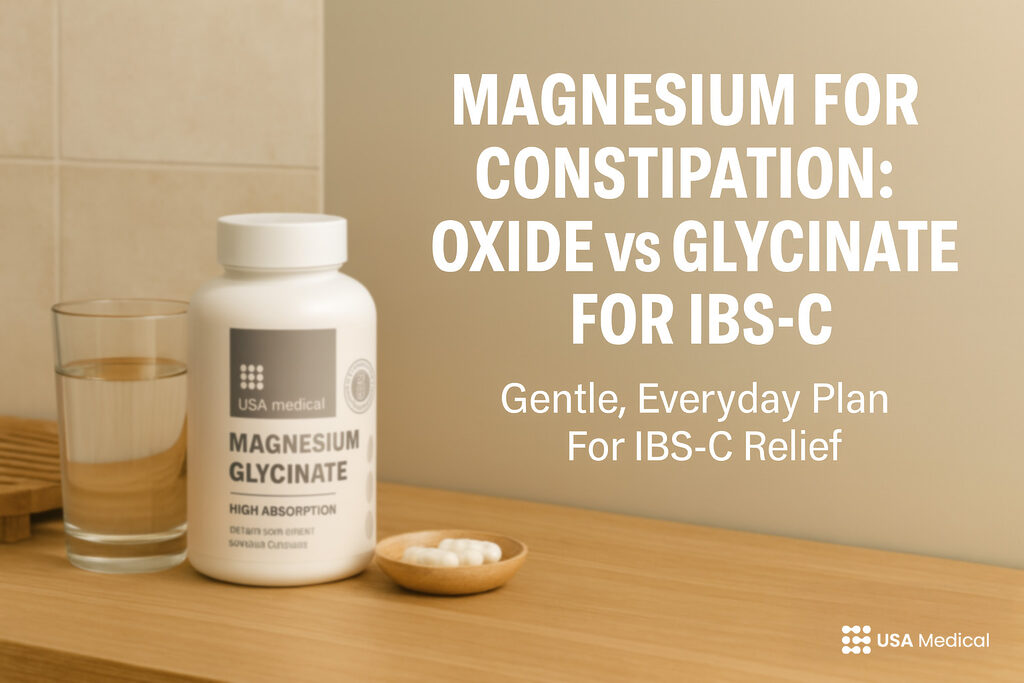
If your goal is comfortable, consistent relief, not a rollercoaster,

If you’re wondering whether magnesium glycinate for sleep is worth

What we mean by IBD, IBS, and Crohn’s IBD is
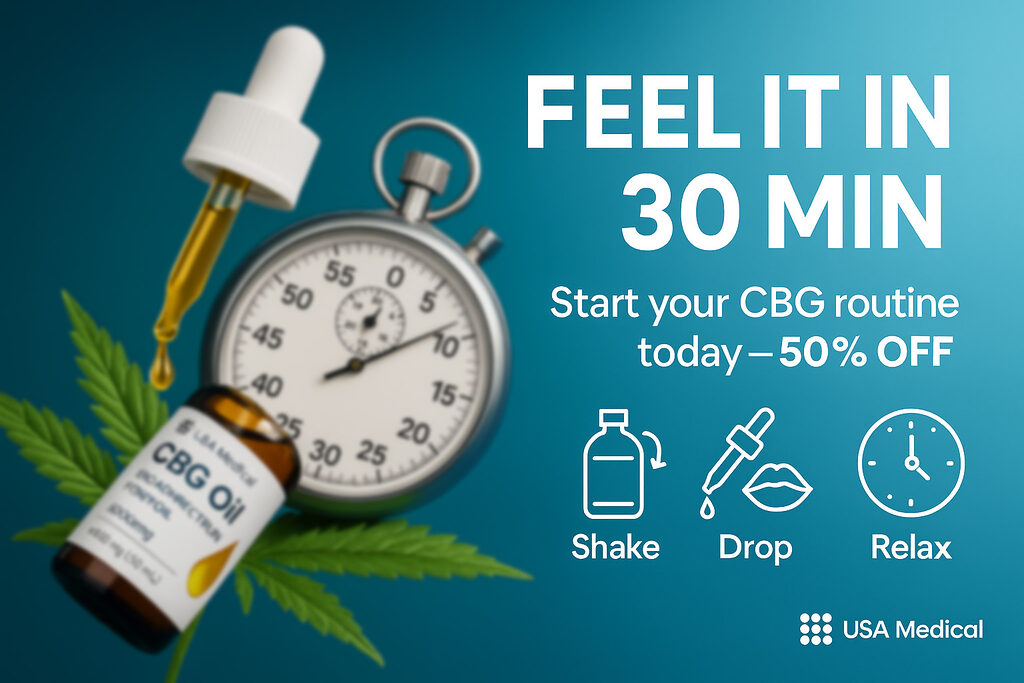
USA Medical CBG Oil works quickly and keeps working for
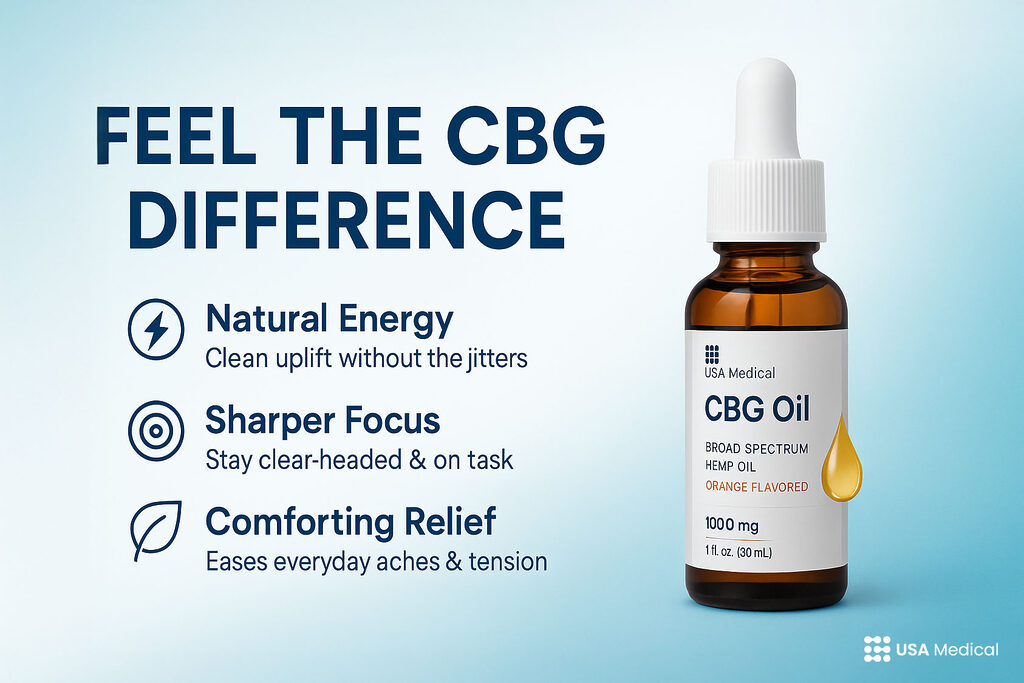
What Is CBG Oil? The Cannabinoid Behind the Buzz Cannabigerol

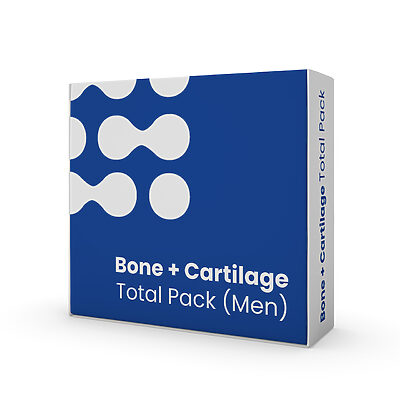
In stock | Free shipping

In stock | Free shipping
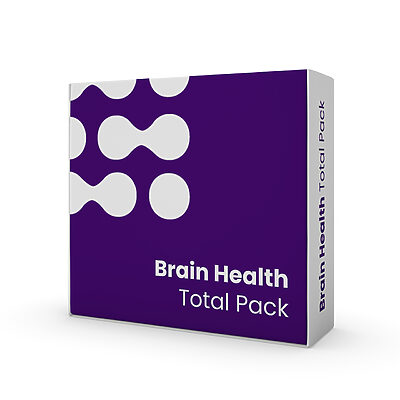
In stock | Free shipping
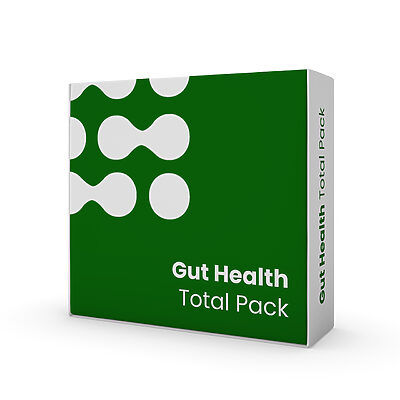
In stock | Free shipping
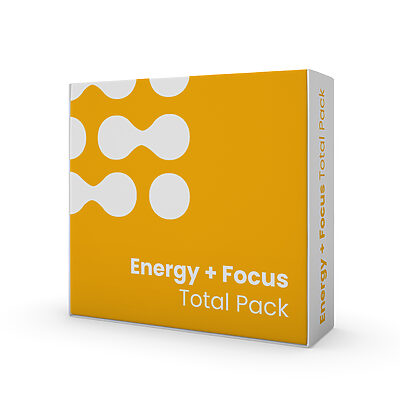
In stock | Free shipping
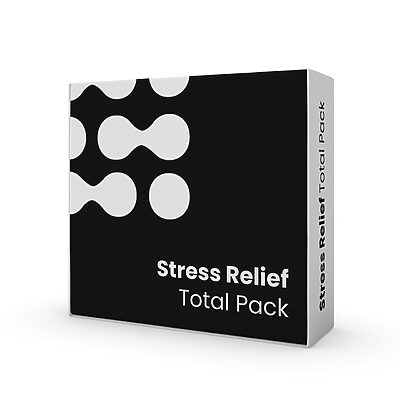
In stock | Free shipping
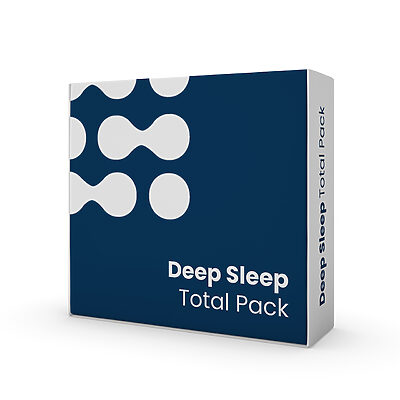
In stock | Free shipping
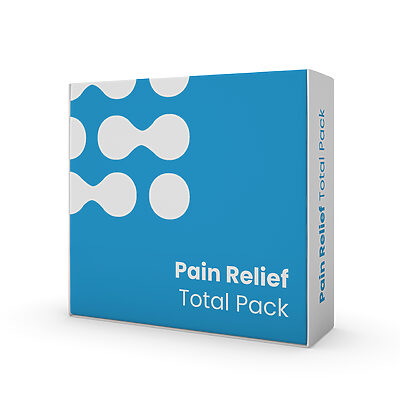
In stock | Free shipping